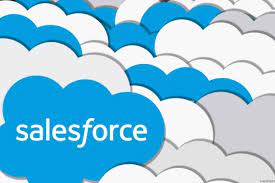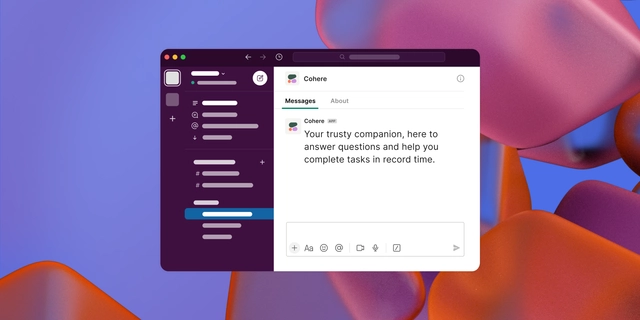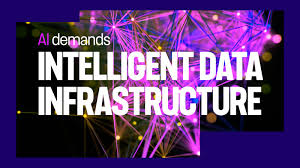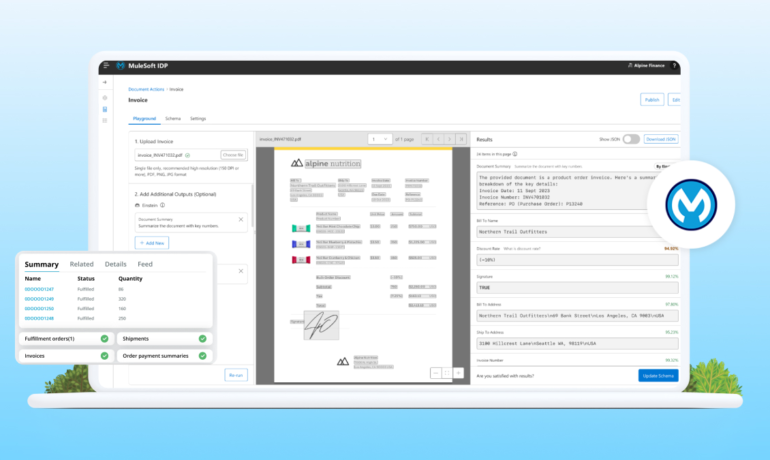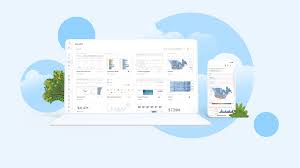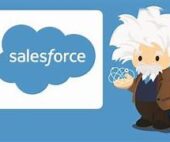AI’s Future With Informatica Acquisition
Salesforce Bets $8 Billion on AI Future with Informatica Acquisition San Francisco, CA — In a move that signals its aggressive shift toward AI dominance, Salesforce has announced plans to acquire Informatica, the enterprise data management powerhouse, in a deal valued at $8 billion. This acquisition marks a pivotal moment for Salesforce as it transitions from its CRM roots to become an AI-first company—a strategy underscored by the need to strengthen its data infrastructure to support lagging Agentforce, its autonomous AI platform. Why This Deal Is a Game-Changer AI’s true potential hinges on clean, unified, and governable data—something many enterprises struggle with. While Salesforce’s Data Cloud, MuleSoft, and Tableau provide robust analytics and integration, Informatica fills critical gaps in data governance, quality, and master data management (MDM). Together, they create an end-to-end data fabric essential for scalable, trustworthy AI. Key Benefits of the Acquisition ✅ A Complete Data Stack – Informatica brings cloud-native data integration, MDM, metadata management, and AI governance, rounding out Salesforce’s capabilities.✅ Real-Time, Cross-Cloud Analytics – Businesses can now unify Salesforce and non-Salesforce data (cloud, hybrid, on-prem) for seamless insights.✅ Supercharged Agentic AI – With trusted, structured data, Agentforce can autonomously interpret and act on complex enterprise workflows.✅ Responsible AI Innovation – Informatica’s AI governance frameworks ensure ethical, transparent, and auditable AI deployments. What This Means for Customers For Salesforce Users: For Informatica Customers: The Big Challenge: Execution While the potential is massive, Salesforce must navigate:🔹 Integration Overlaps – How will MuleSoft and Informatica coexist without redundancy?🔹 Cultural & Technical Merging – Can Salesforce absorb Informatica’s teams and tech smoothly?🔹 Non-Salesforce Customers – Will Informatica’s standalone users stay loyal post-acquisition? The Bottom Line This acquisition is a make-or-break moment for Salesforce’s AI ambitions. If executed well, it could:✔ Revolutionize enterprise AI with a fully agent-ready data platform.✔ Accelerate adoption of Agentforce, giving Salesforce an edge over competitors.✔ Establish Salesforce as the leader in AI-driven data management. But if integration falters? Data chaos could stall AI progress—and leave customers questioning Salesforce’s strategy. One thing is clear: The race for AI supremacy is heating up, and Salesforce just made a $8 billion bet on its future. What’s your take? Will this acquisition propel Salesforce to AI leadership, or will integration hurdles slow them down? Let us know in the comments. Like Related Posts Salesforce OEM AppExchange Expanding its reach beyond CRM, Salesforce.com has launched a new service called AppExchange OEM Edition, aimed at non-CRM service providers. Read more The Salesforce Story In Marc Benioff’s own words How did salesforce.com grow from a start up in a rented apartment into the world’s Read more Salesforce Jigsaw Salesforce.com, a prominent figure in cloud computing, has finalized a deal to acquire Jigsaw, a wiki-style business contact database, for Read more Service Cloud with AI-Driven Intelligence Salesforce Enhances Service Cloud with AI-Driven Intelligence Engine Data science and analytics are rapidly becoming standard features in enterprise applications, Read more


